
Week’s balance: first payment to IMF, free trade with Canada, and rise in gas production
Ukraine paid back the first $450 million on the International Monetary Fund loan under the standby program, it also launched the free trade area with Canada, and significantly increased production and imports of natural gas - these are the main economic news of the outgoing week.
The first week of August, traditionally poor in economic news, will be remembered primarily for the anomalous heat - the temperature did not fall below +30 C, and in some regions of Ukraine it rose to a record +39. Such weather conditions pushed Ukrainians to recall the experience of a number of European countries – the siesta time at the height of the working day, officially introduced during the year’s hot season.
Vice Prime Minister Pavlo Rozenko told UNIAN that the introduction of the siesta rests with the employer’s will so no legislative changes are required.
"Under the labor law, the employer has absolutely every opportunity to resolve the siesta issue individually," Rosenko said, adding that the climatic conditions in Ukraine have not changed too much to bring this issue to the level of the national idea.
Despite tropical heat, Ukraine is already preparing for the winter that is coming inevitably.
After cancelling the contract with a little-known Georgian company, Centrenergo concluded an agreement on the supply of 700,000 tonnes of the deficient anthracite coal with the U.S.based Xcoal Energy & Resources. The signing of the contract was preceded by talks between the leaders of the two countries: Poroshenko and Trump.
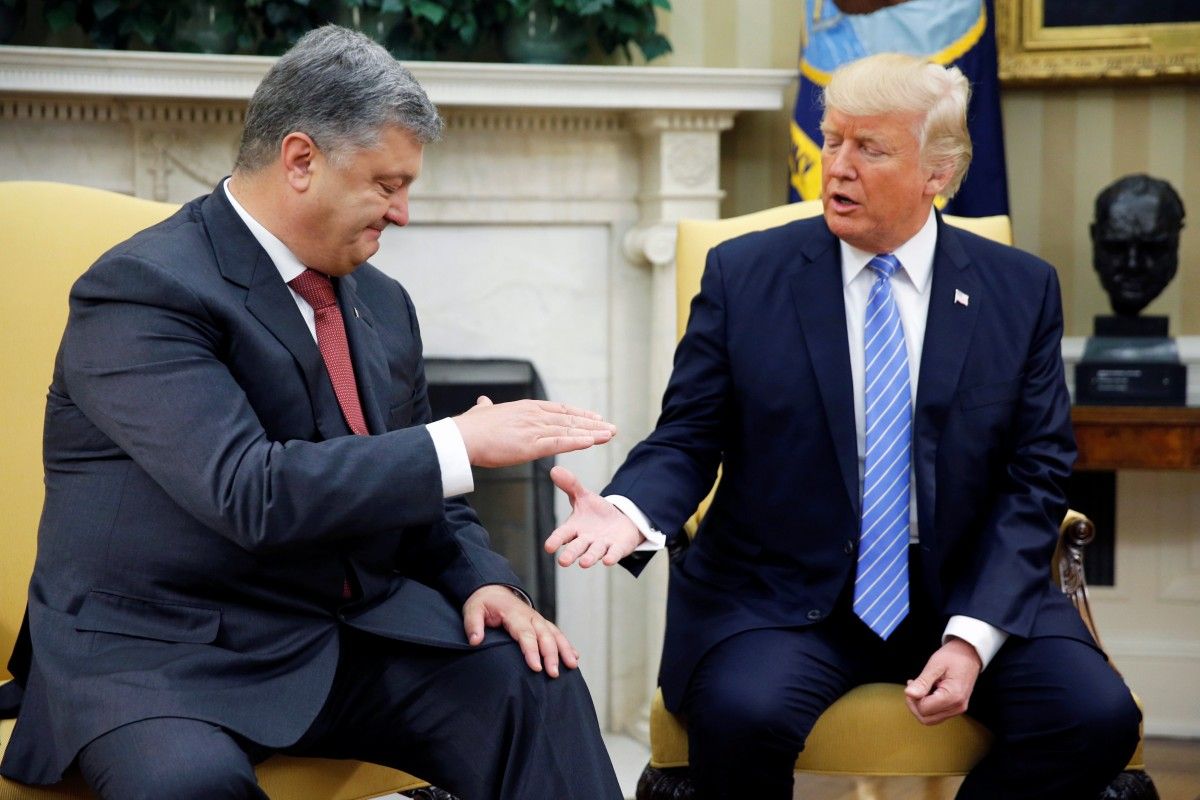
By the way, the one of the latter’s vows during his presidential campaign was to revive the American coal industry. Apparently, the Ukrainian president decided to help his counterpart in this matter. As a result of the agreements between the two leaders, Centrenergo and signed the deal, although the price was record high for Ukraine. The first batch costs $113 per tonne, however the price may vary.
The first vessel with 85,000 tonnes of coal is expected to arrive at the Yuzhny port in early September. The arrival of one or two ships is scheduled per month.
By the way, last summer the Ukrainian energy companies did not pile up the imported coal for the stable passage of the heating season, hoping for the adequacy of the Donbas militants. Such shortsightedness of the management of national companies led to emergency measures in the energy sector as a result of the blockade of the ATO zone and the termination of supplies of anthracite coal from the mines located in the occupied areas of Donbas.
In addition, Ukraine is zealously increasing its gas reserves. According to Ukrtransgaz, in January-July of 2017, gas imports increased by 2.4 times compared to the same period last year - to 8.1 billion cubic meters, while gas reserves in Ukraine’s underground storage facilities exceeded 13 bcm (Ukraine had 14.7 bcm in gas reserves when entering the 2016-2017 heating season).
Ukrtransgaz also reported an increase in gas production in January-July 2017 compared to the same period last year by 2.7%, up to 12 bcm. These figures cannot but make us rejoice, given that in recent years, production of gas been falling, while in 2016 it increased by a ridiculous 0.5%.
Also in January-July 2017, the transit of gas increased significantly - by 22.8% compared to the same period last year, to 52.3 bcm.
FTA with Canada
A window of colossal opportunities has opened for Ukrainian businesses, according to President Poroshenko, who commented on the entry into force on August 1 of the FTA agreement between Ukraine and Canada, allowing for the unimpeded access for Ukrainian producers to 98% of the Canadian market.
Head of the Ministry of Economic Development Stepan Kubiv assures that the Canadian market is attractive for Ukrainian exporters, considering that Canada imports more than $400 billion worth of goods annually.
"The lifting of import duties by Canada will allow Ukrainian producers of food, light, chemical, petrochemical and machine-building industries to obtain maximum advantages in Canadian markets," Kubiv said.
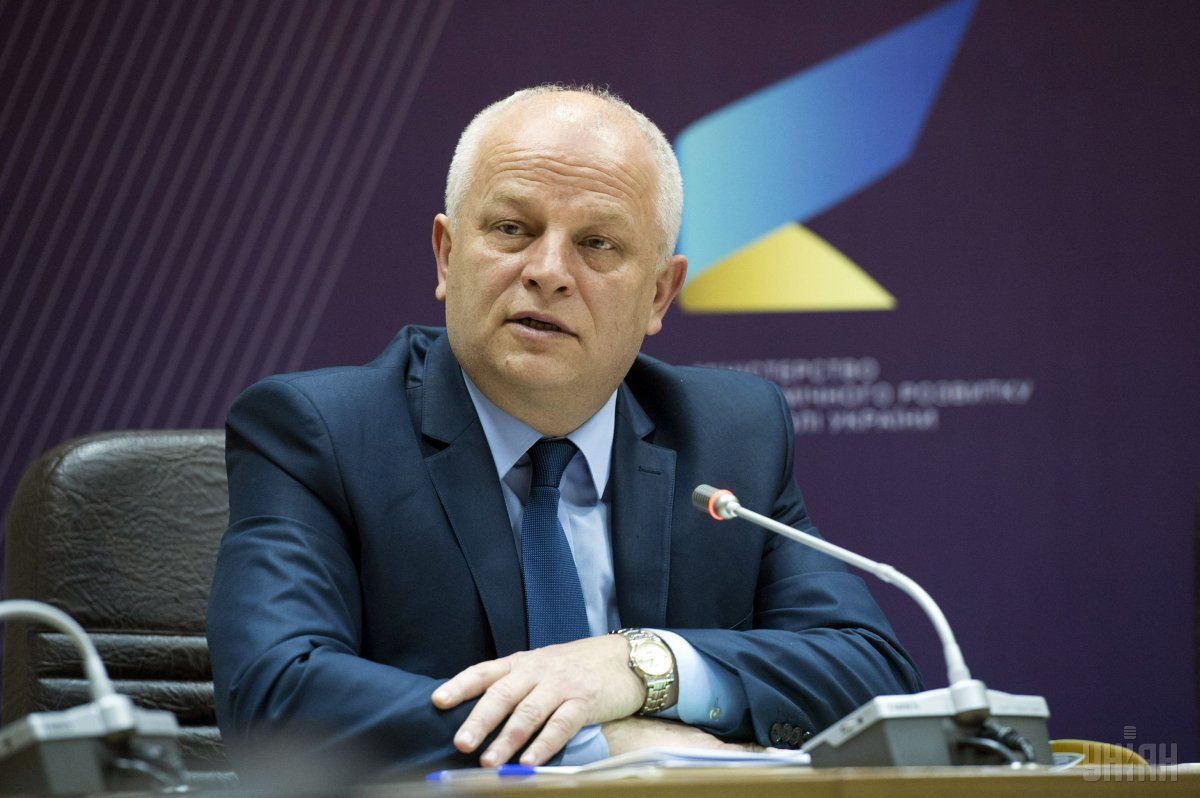
Currently, the agreement focuses on commodity exports and imports, but within two years the parties will be able to revise the terms of trade and add services to the list, as well as investment protection mechanisms.
Meanwhile, the Ministry of Economic Development and Trade informed that, according to the forecast calculations, the entry into force of the agreement will lead to the loss of revenues to the Ukrainian budget by some $1.2 million in the first year, in particular, due to the lifting of import duties. However, in the medium term, shortcomings can be compensated by the value added tax, as well as an increase in the inflow of foreign direct investment by about $36 million over three years.
Despite the fact that the trade turnover between Ukraine and Canada remains relatively small (over $200 million in 2016, of which Ukrainian exports amounted to about $30 million) and the prospects are not so great for a rapid increase in export volumes, investment prospects seem realistic.
The government expects that Ukraine can become a profitable production hub for Canadian companies when exporting their products to the EU. Ukraine may attract similar interest of European companies in the issue of their exports to Canada. The economy ministry expects that in the next few years, the free trade area with Canada will additionally attract about $36 million worth of investment.
A little fly in the ointment was a technical error in the Ukrainian translation of CUFTA, which could mislead those willing to import Canadian goods to Ukraine.
The economy ministry recognized the error, at the same time assuring that it is of a technical nature and does not affect the application of the agreement and the fulfillment of obligations by all parties.
"The Ministry of Economic Development confirms that the Canada-Ukraine Free Trade Agreement, the rules of cancellation and reduction of duties for Ukrainian goods imported into Canada are actually listed in the ‘Canada Tariff Schedule’ annex. The Ukrainian text of the annex, however, writes about ‘reducing import duties for goods originating from Canada’," the report said.
The ministry said they were already taking measures to correct the mistake. The procedure for correcting technical errors in international agreements is provided for in Article 79 of the 1969 Vienna Convention on the Law of Treaties.
Ukraine paying its dues
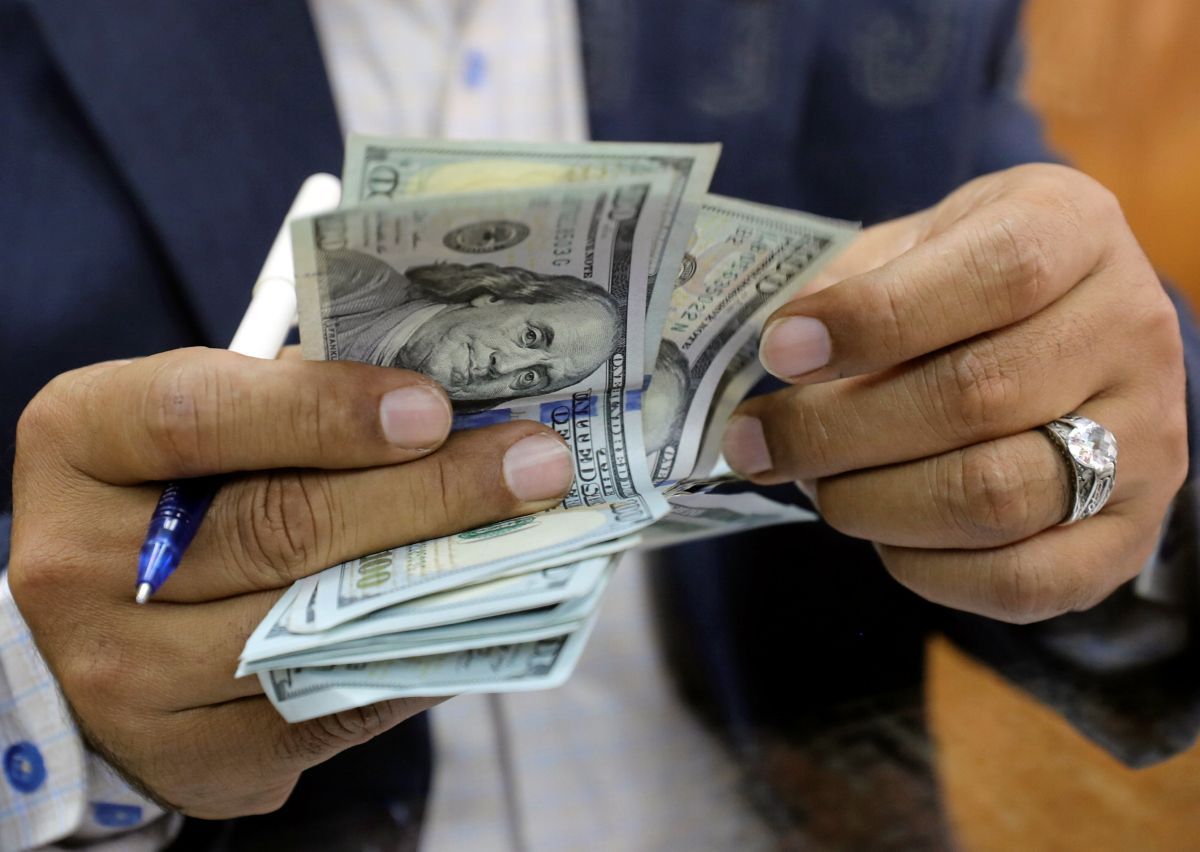
It's time to pay off the loan of the International Monetary Fund under the stand-by program. On August 3, Ukraine made its first payment of $450 million. After this repayment of part of the obligation, the size of the NBU's international reserves will decrease to about $17.55 billion.
An important news of the outgoing week was also the central bank’s decision to keep its key rate unchanged at 12.5%. The last time the rate was lowered was at the end of May of this year – by 0.5 percentage points. At the same time, the maximum historical NBU key rate at 30% per annum was effective from March 4 to August 28, 2015.
The regulator noted that implementing a restrained monetary policy is due to the need to level out the risks aimed at achieving inflation targets. The Board of the National Bank is convinced that achieving price stability is a prerequisite for sustainable economic growth.
According to the financial results for July and August, the regulator forecasts deflation in monthly terms, while warning about the risks of a more significant deviation of inflation from the target forecast in 2017 at the level of 8% +/- 2 pp.
"The Inflation Report published in July 2017 provides that inflation at the end of 2017 will slow down to 9.1%. However, since the publication of the forecast, the risks of a more significant deviation of inflation from the central point of the target range at the end of this year have increased (8% +/- 2 pp)," the regulator said.
NBU noted that, in particular, the rapid recovery of consumer demand can be further stimulated by an increase in budget expenditures and pension payments in the second half of the year, which creates the risk of increasing the fundamental pressure on prices.
Tensions around Ukrainian railways
This week, Ukrzaliznytsia CEO Wojciech Balczun reported on the state company’s successful performance. According to him, the net consolidated profit in the first half of the year was at UAH 122.5 million, while in the same period last year a net loss of UAH 3.78 billion was recorded.
In addition, the company chief announced another tender for the purchase of 1,000 freight cars. "We will complete the tender for 2,465 cars and we will in the coming days announce another one, for a thousand pieces. And if everything goes well in our work with the EBRD, in early September we will announce another one, this time it will be a record in the history of Ukrzaliznytsia in terms of quantity," Balczun said, choosing not to say anything about the fact that all previous tenders had failed.
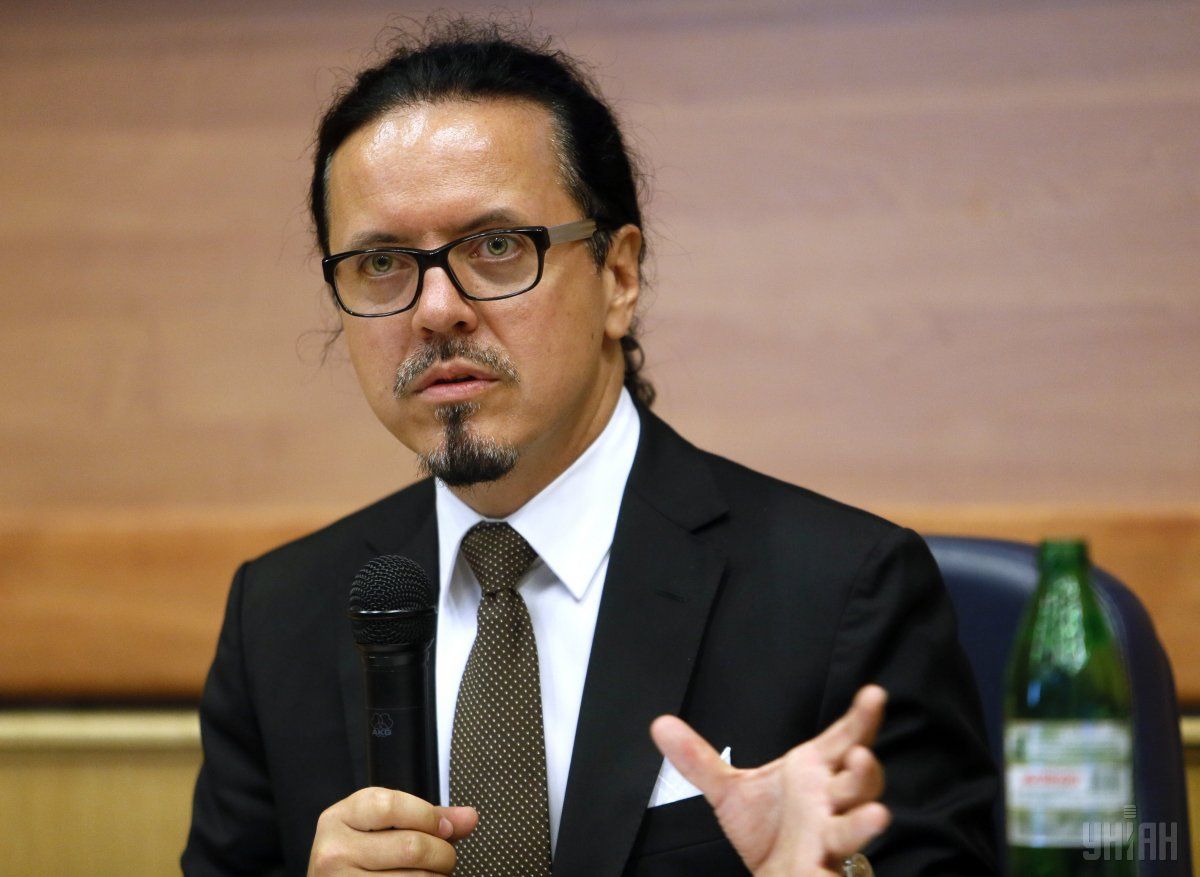
Minister of Infrastructure Volodymyr Omelyan traditionally criticized Balczun's statements, once again branding them "lies and manipulation." According to the minister, Ukrzaliznytsia in the first half of 2017 received UAH 4.93 billion of net loss, not UAH 122.5 million of net profit.
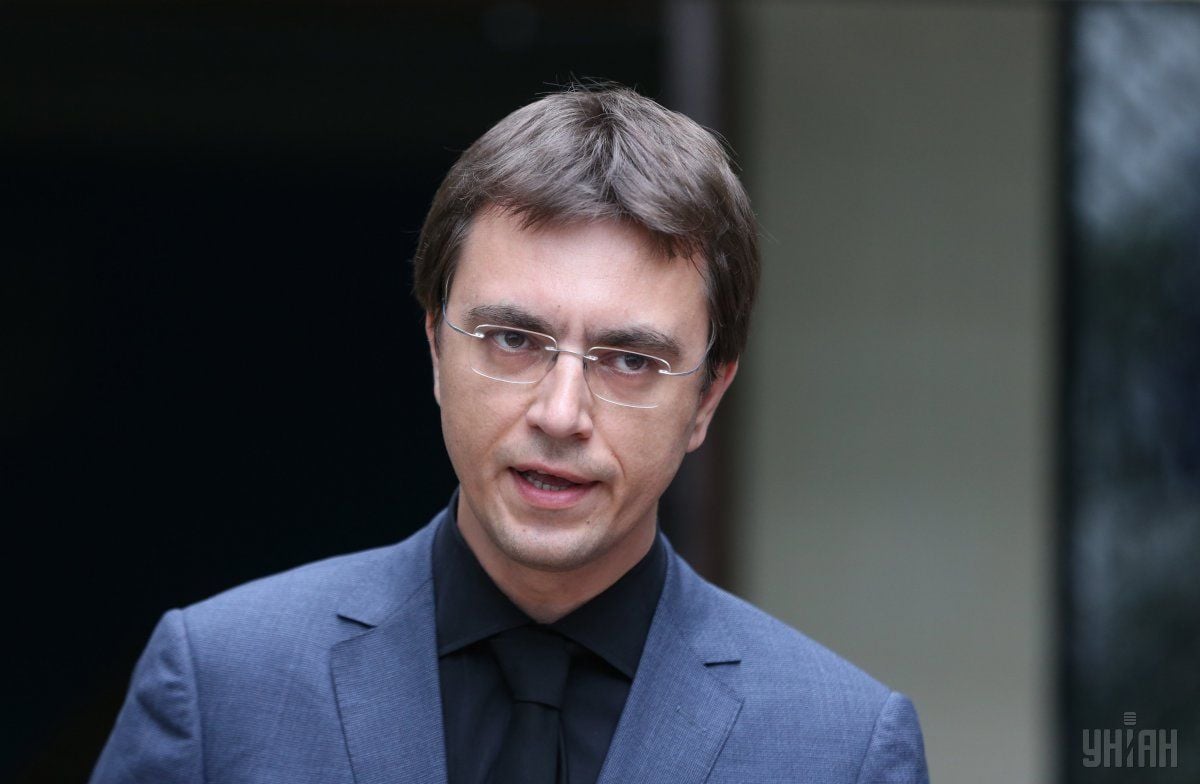
The minister also announced the upcoming audit of the financial and economic performance of Ukrzaliznytsia by the state audit service and once again called for a change in the management of the state company.
"Undoubtedly, the state audit service of Ukraine, which on behalf of the Prime Minister starts next Monday to check the financial and economic performance of Ukrzaliznytsia, will easily confirm the facts I have quoted. But we do not have time to wait for the results of the audit in September-October. After seeing the outcome, we will have to hold manipulators and silent ones accountable. The key and urgent task is the appointment of a new professional management at Ukrzaliznytsia," the minister said.
The next week promises to be not so rich in economic news as the first two weeks of August have traditionally been a vacation period in most companies and institutions.
Ihor Orel

